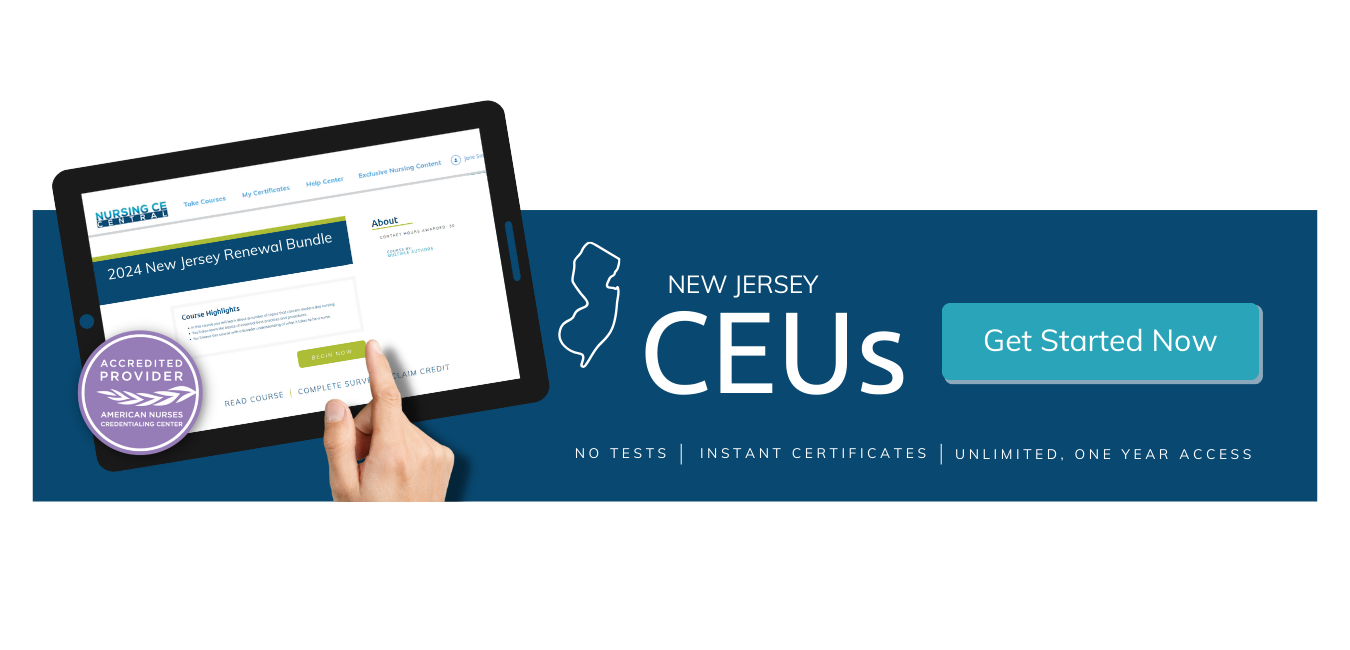My Experience as a Clinical Research Nurse
Having spent five years as a clinical research nurse in adult oncology, I usually saw patients and families at one of the worst moments of their lives. While there were studies looking specifically at preventative interventions (for instance, breast MRI versus a 3-D mammogram for early cancer detection), most trials that I worked on were specifically for cancer-related treatments. At that point, individuals needed compassion, empathy, and a gentle hand to guide them.
As soon as the words “clinical trial” were mentioned, fear frequently became the top-most emotion. At that moment, it was most important to remember that the people in front of you were just that — people, not research subjects.
Clinical trials, as noted by the National Insitute on Aging, are used to develop and determine the safety and efficacy of new medical, surgical, or behavioral intervention in people. From that definition, it is easy to see why we need clinical trials. However, we need participants to gain the necessary data from those trials. The National Institute of Health has acknowledged several approaches that can be used when speaking with potential participants. They focus on being caring yet informative:
- First, consent forms and informed consent discussions should be done using standard verbiage in the patient’s native language.
- Secondly, the potential participant and their family or caregivers should be empowered to participate in the discussion and not feel coerced into any specific decision. The research professional should also acknowledge the trauma and emotional turmoil that the participant and family are likely feeling.
Now, for the more logistical considerations:
- Medical jargon should be avoided.
- It can be helpful to provide frequent summaries and assess the patient and family’s understanding by reviewing the material in a question-and-answer format.
- Full disclosure of risks and benefits, with the caveat that some risks may not yet be known, and no difference in the ability to pursue legal advice should something happen can help assuage patient fears also.
- Finally, the individual must never feel coerced to consent. If they ask for the research professional’s opinion, it should be honest but given in a way that does not pressure the potential participant one way or another.
Clinical trials continue to advance medicine, nursing, and healthcare. Without them, we would have never discovered some of the novel targeted medications for cancer, asthma, diabetes, and other prevalent conditions. We wouldn’t have HeLa cells to conduct the massive amount of cellular research for the earliest phase of clinical research. From dietary interventions that promote health, to the cure for scurvy, to continued innovations in cancer treatments, clinical research is paving the way.









